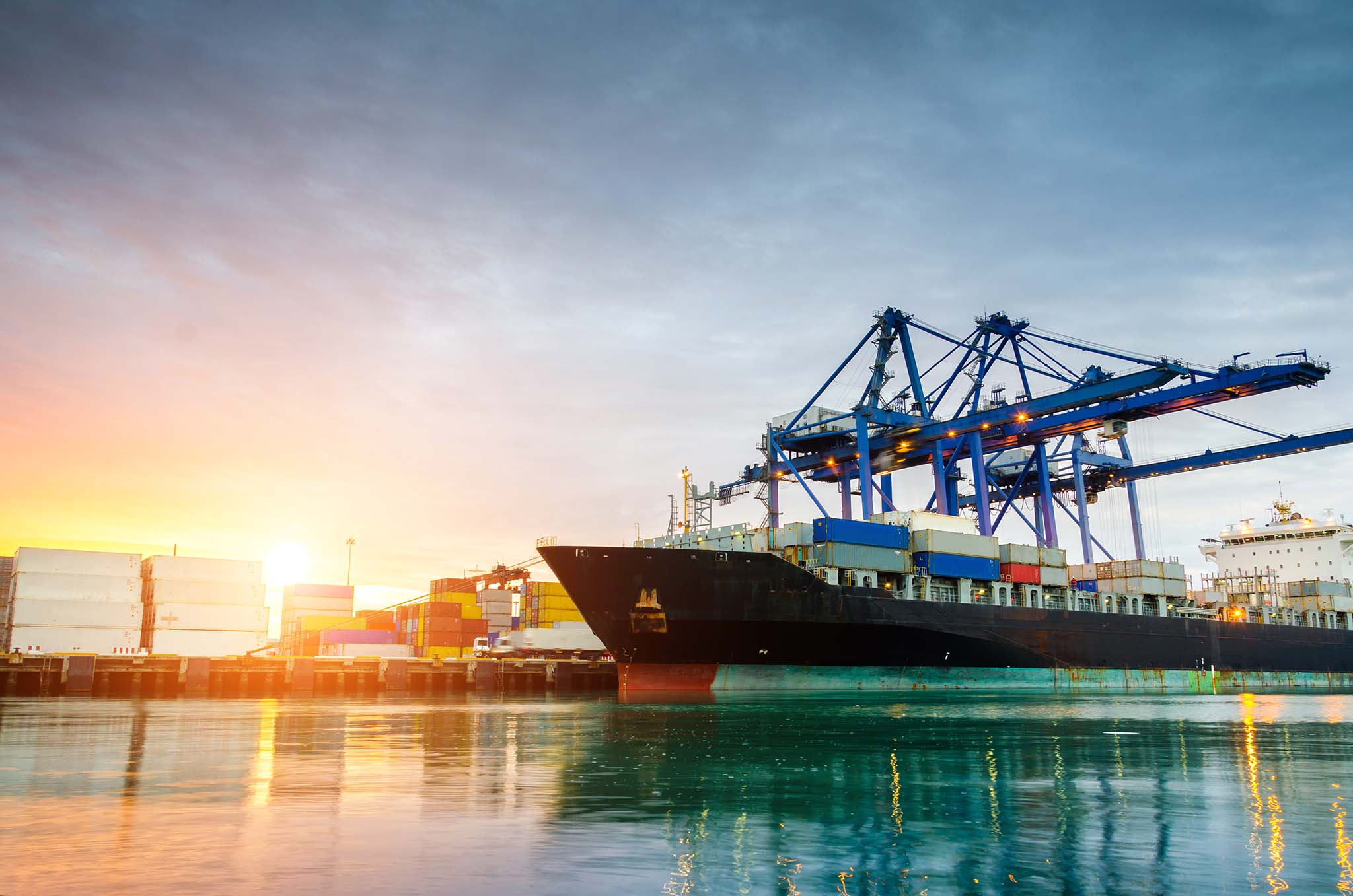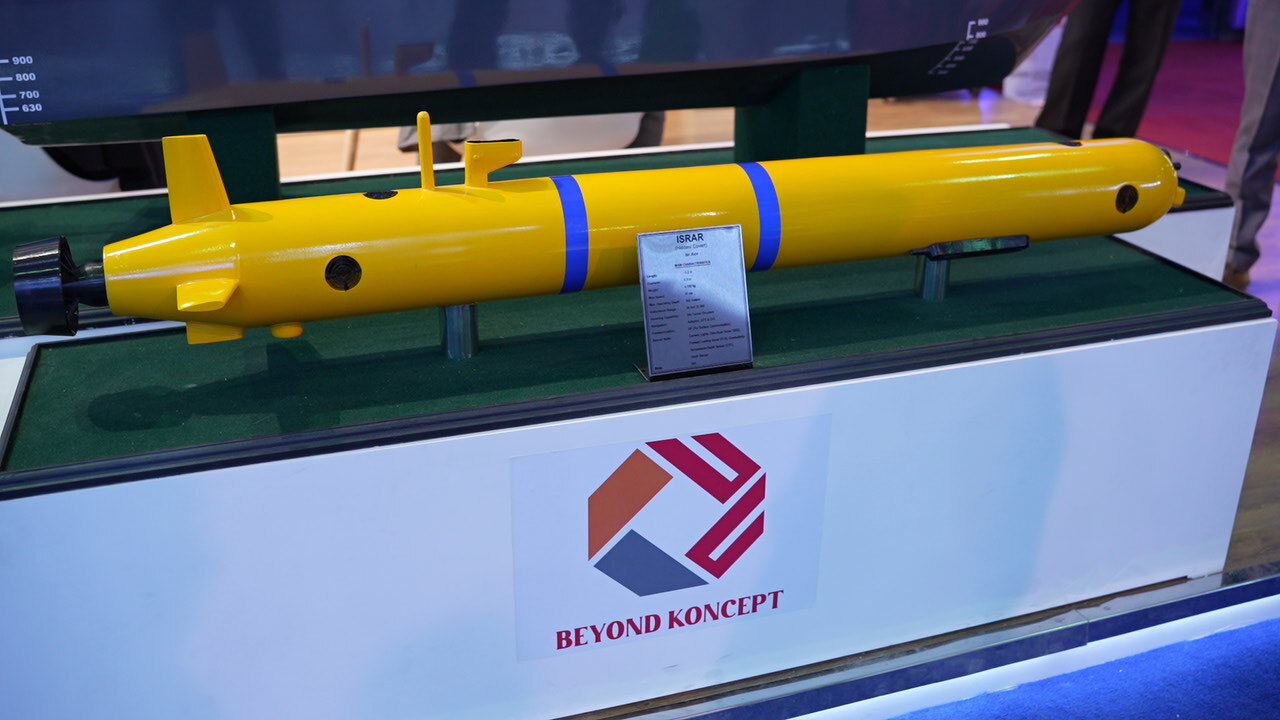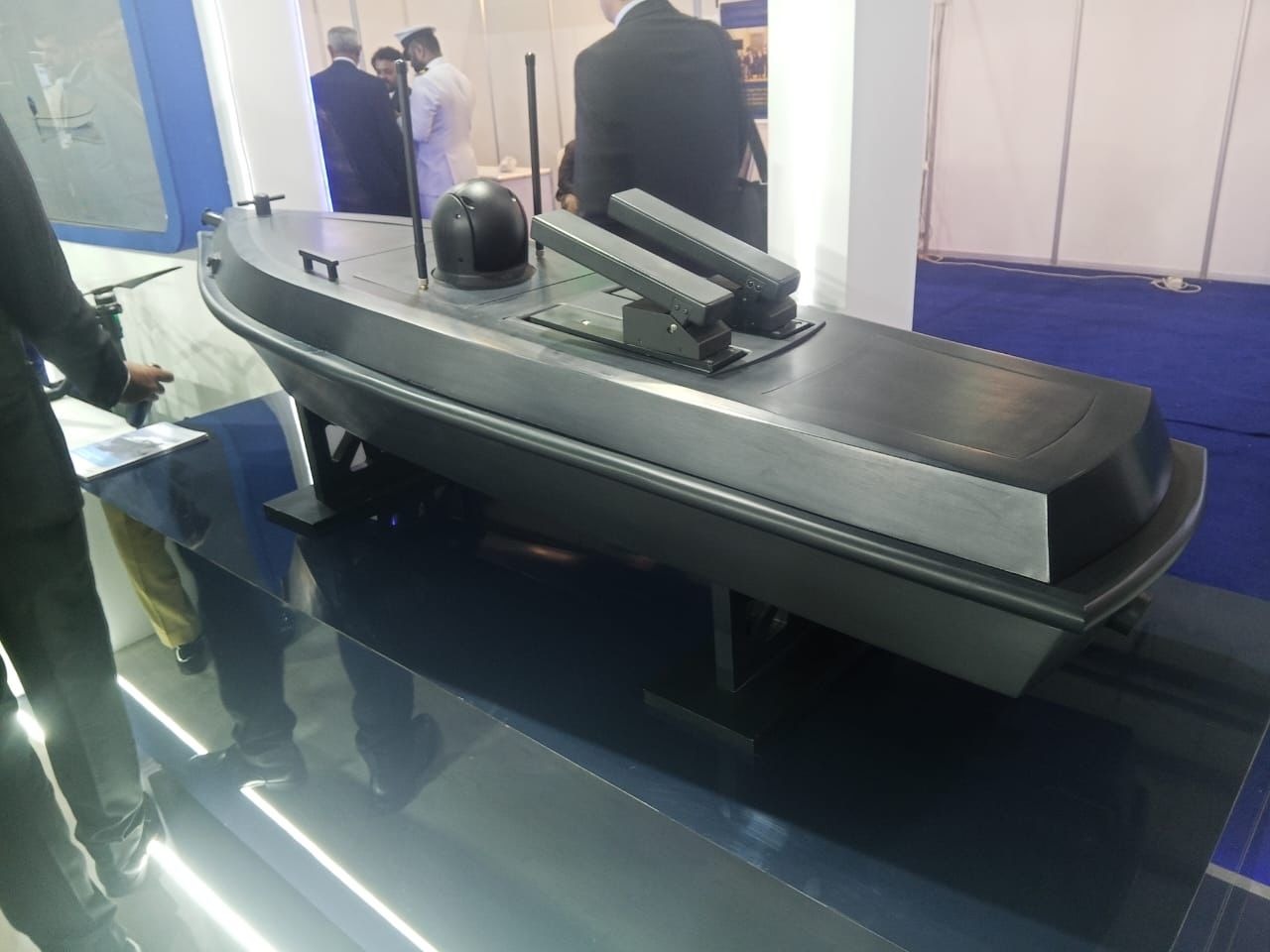In an era where Pakistan’s economic strains are palpable and its fiscal limits are being pushed to the brink, the question must be asked: how can the country streamline its government and economic structure to regain stability and efficiency? One glaring area for reform is the downsizing of ministries. Currently, Cabinet consists of 33 ministries and their associated divisions. Recently, Prime Minister Shahbaz Sharif has signaled to abolish five key ministries, including Information Technology, Kashmir Affairs, the Ministry of Safeguard, the Ministry of Industries and Production, and the Ministry of Health Services, in order to restructure the operations of the government.
In addition to the proposed cuts, there are other ministries that also strain the economy due to their limited functionality. One such example is the Ministry of Maritime Affairs (MoMA), which has become emblematic of inefficiency in a time when every resource counts. The Ministry of Maritime Affairs, despite its grand mandate, has become a relic of bureaucratic excess. Its purported role in enhancing Pakistan’s maritime sector, including the much-vaunted blue economy, an area with immense potential for economic growth, has yielded little tangible progress. The vision for a thriving blue economy has remained largely unrealized.
The blue economy promises to leverage ocean resources for sustainable development and economic benefits, yet Pakistan’s coastal resources remain underexploited. The Ministry of Maritime Affairs has been unable to capitalize on this opportunity, failing to advance significant initiatives and crucial legislation to strengthen the maritime sector. Despite the amendment to Merchant Shipping Act 2001 in 2022, no such significant strides took place in terms of modernizing Pakistan’s maritime regulations and aligning with International Standards. However, its success has been tempered due to lack of implementation and enforcement, bureaucratic inefficiencies, insufficient infrastructure, and resistance from industry stakeholders.
Various countries have turned their maritime resources into economic powerhouses; one such example is of India, Bangladesh, and Thailand, which have made notable developments in their maritime sectors through strategic investments and reforms. Their efforts of port modernization and economic planning deeply modernized their maritime sector. In contrast, Pakistan’s efforts under MoMA have amounted to little more than stalled policies and unmet promises. This backdrop of inefficacy is not unique to Pakistan. History shows us that governments can benefit enormously from restructuring and streamlining their bureaucratic frameworks. In recent years, India has undertaken efforts to streamline its government through downsizing of ministries. In 2021, Indian government merged some ministries and departments to cut administrative cost. For example, Ministry of Food Processing Industries was merged with Ministry of Consumer Affairs, Food and Public Distribution.
The government’s current proposal to downsize ministries is a crucial step toward addressing these inefficiencies. By dissolving ministries that are not less than a white elephant and redistributing or putting them under a particular ambit, Pakistan can eliminate redundant administrative costs and bureaucratic delays. This move would not only reduce the financial burden on the state but also enhance the effectiveness of maritime policies by placing them as proposed in the defense ministry. In essence, dissolving such ministries as the Ministry of Maritime Affairs should not be viewed as abandoning Pakistan’s maritime potential but rather as a strategic realignment to foster a more agile and effective government. Redirecting the resources and responsibilities of MoMA into other ministries that can better drive economic growth and development will not only streamline government functions but also reinvigorate Pakistan’s maritime sector.
As Pakistan faces the daunting task of economic recovery, it must seize the opportunity to enact bold reforms. Streamlining ministries is a necessary step towards addressing economic challenges and more efficient government capable of meeting the nation’s most pressing needs. In this way, Pakistan can lay the groundwork for a stable and prosperous future, drawing on lessons from successful reforms around the world. Above all, a decision of downsizing ministries will be a viable approach for economic revival in Pakistan. As it will not only reduce fiscal strain but also redirect the resources towards economic growth.

Hamna Ghias Sheikh
Hamna Ghias Sheikh is a research associate at the Maritime Center of Excellence, Pakistan Navy War College She can be reached at hamna.sheikh009@gmail.com.
- Hamna Ghias Sheikh#molongui-disabled-link
- Hamna Ghias Sheikh#molongui-disabled-link
- Hamna Ghias Sheikh#molongui-disabled-link












